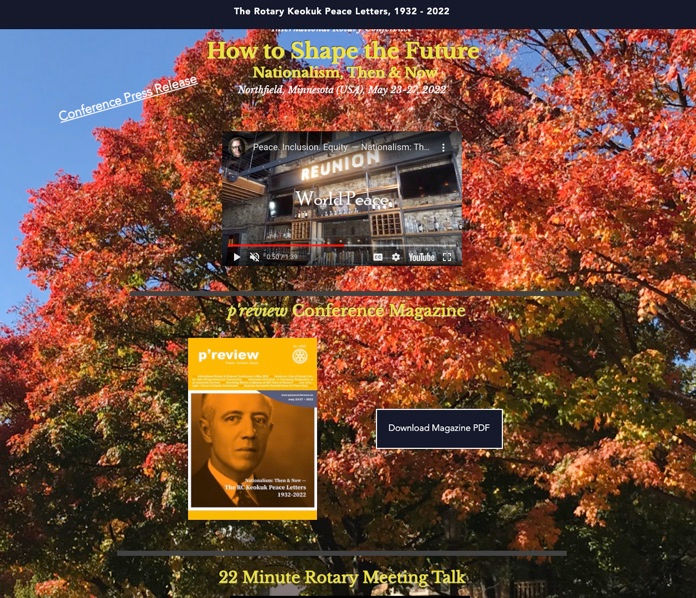1848er Love Story Thilde Peters Teaser
- Thomas Waldner
- Jul 25, 2016
- 1 min read
Northern Germany in 1846: Bleik Peters was 21 years old when he got to know Thilde Henningsen, who was 17 years young. He had rented a room at her relatives in Husum. After only a few weeks, they became engaged in secret. The young Bleik enthusiastically wrote, “Thilde charmed by her kindness, modesty and grace... . It was no wonder that I felt deep love for her.”
But politics tore the young couple apart. Bleik Peters studied law from 1846 to 1850 in Kiel, Heidelberg and Flensburg, but also became involved politically. Between 1848-1849, he turned his attention to the people of Schleswig-Holstein who were struggling to win their freedom from Denmark. In 1852 as a failed 1848er revolutionary, he boarded the steamboat “Indian Queen” and set out to exile in America. Almost four thousand miles from his Thilde, he found a job as a farmer in Nebraska and then as a barkeeper in St. Louis.
His fiancée stayed with her parents-in-law in the “Altfriesisches Haus” in Keitum, which is now a local history museum. At that time on the island, Bleik Peters’ father was a respected captain. Then in 1854, Thilde packed her bags and took the steamboat from Hamburg over to New York. “Four months later, after detours that included Detroit and Chicago, she reached Davenport on the Mississippi River with only a half dollar in her purse”, Joachim Reppmann tells. “There, west of Chicago, is where the center of the Schleswig-Holstein immigration to America is located.”
That same day, her fiancé came running from St. Louis. The following day, they were married.



Comments